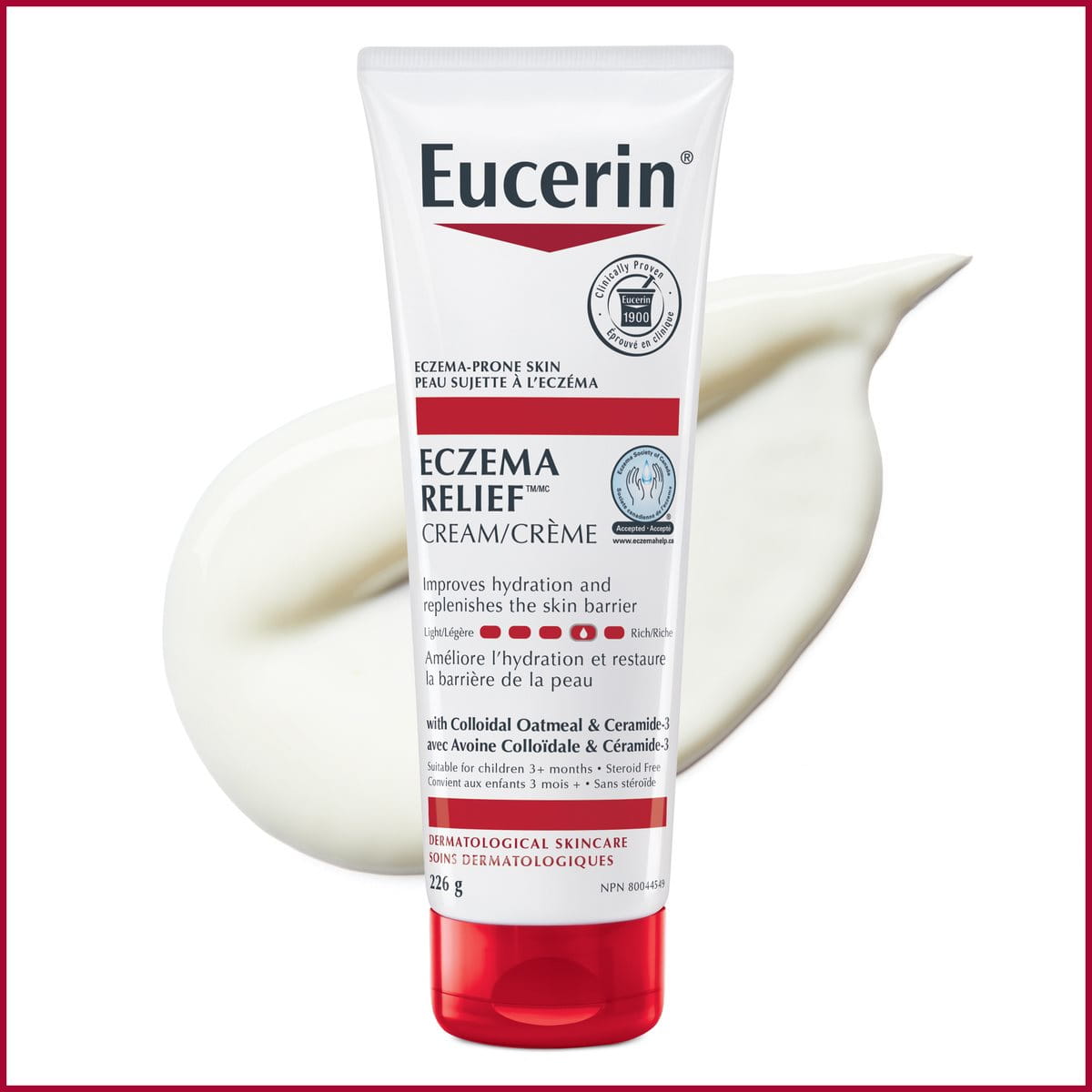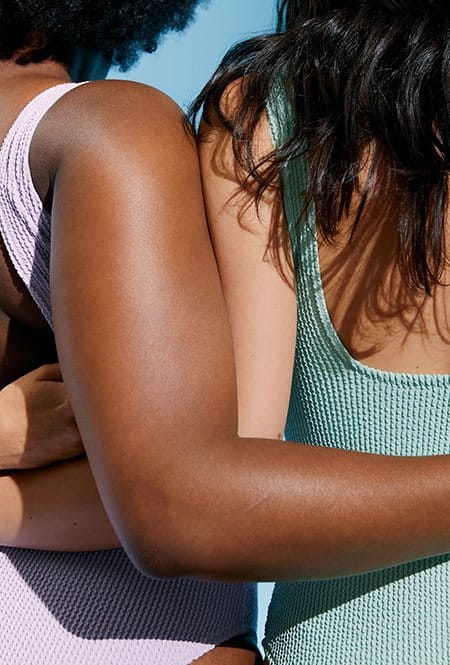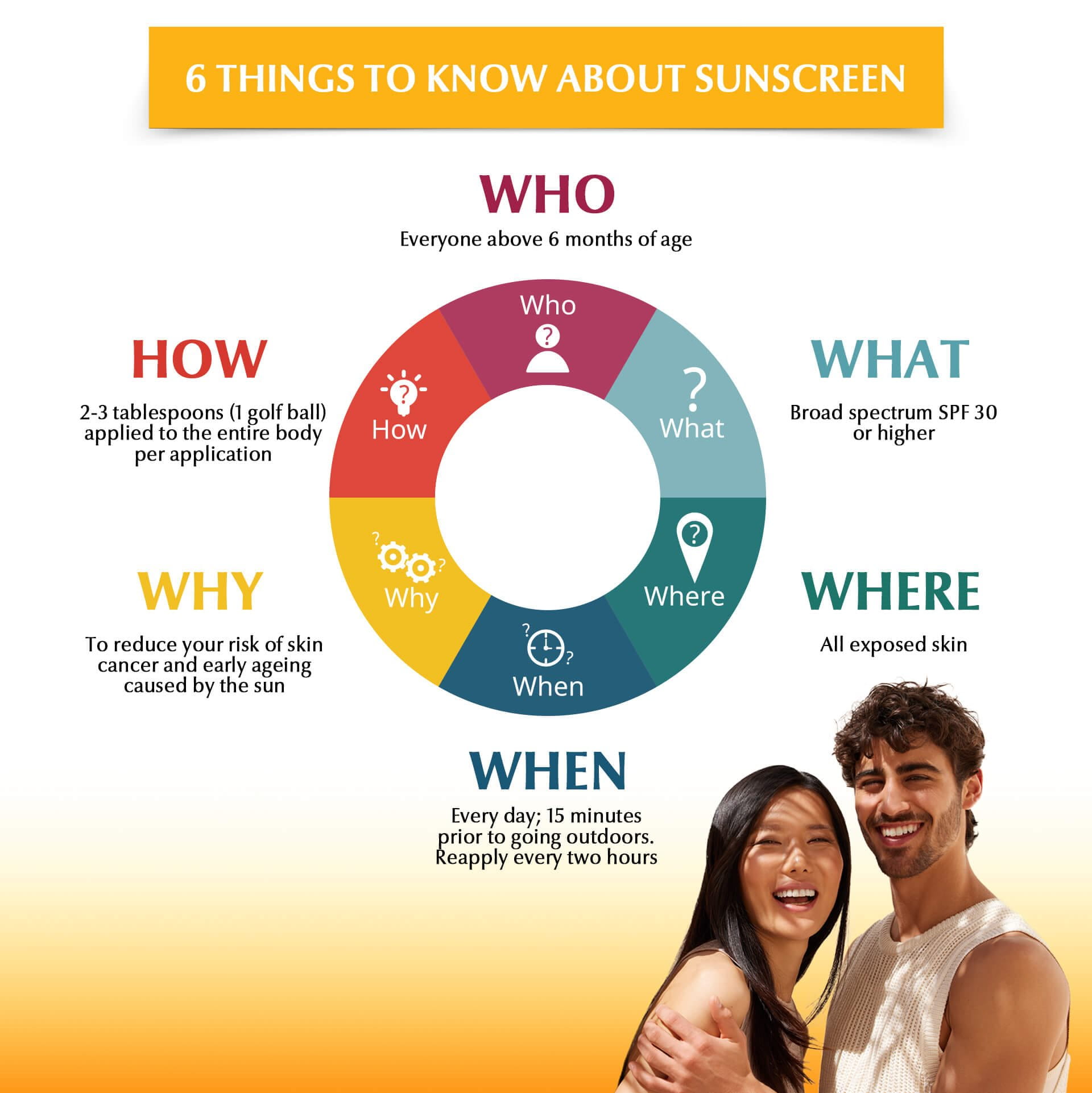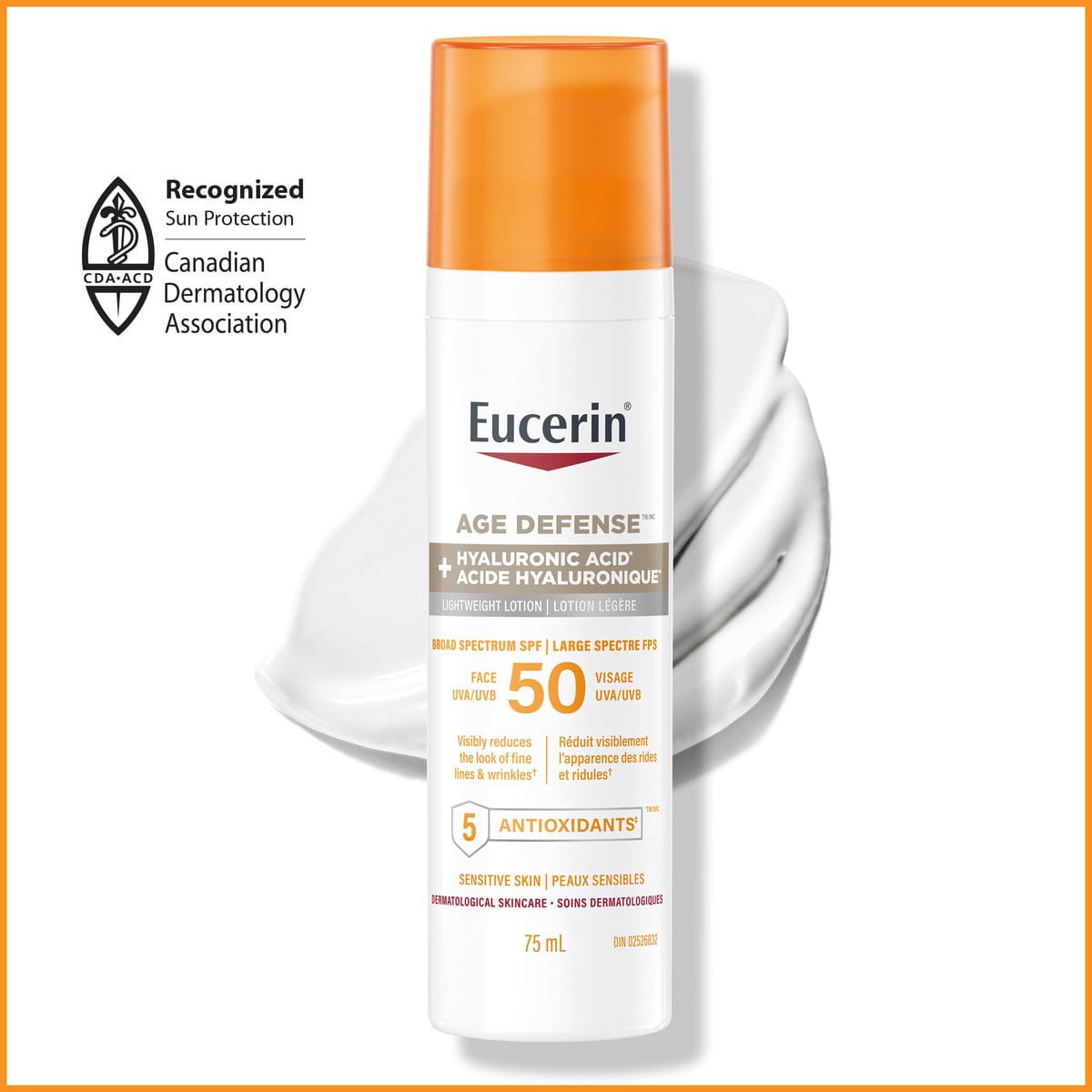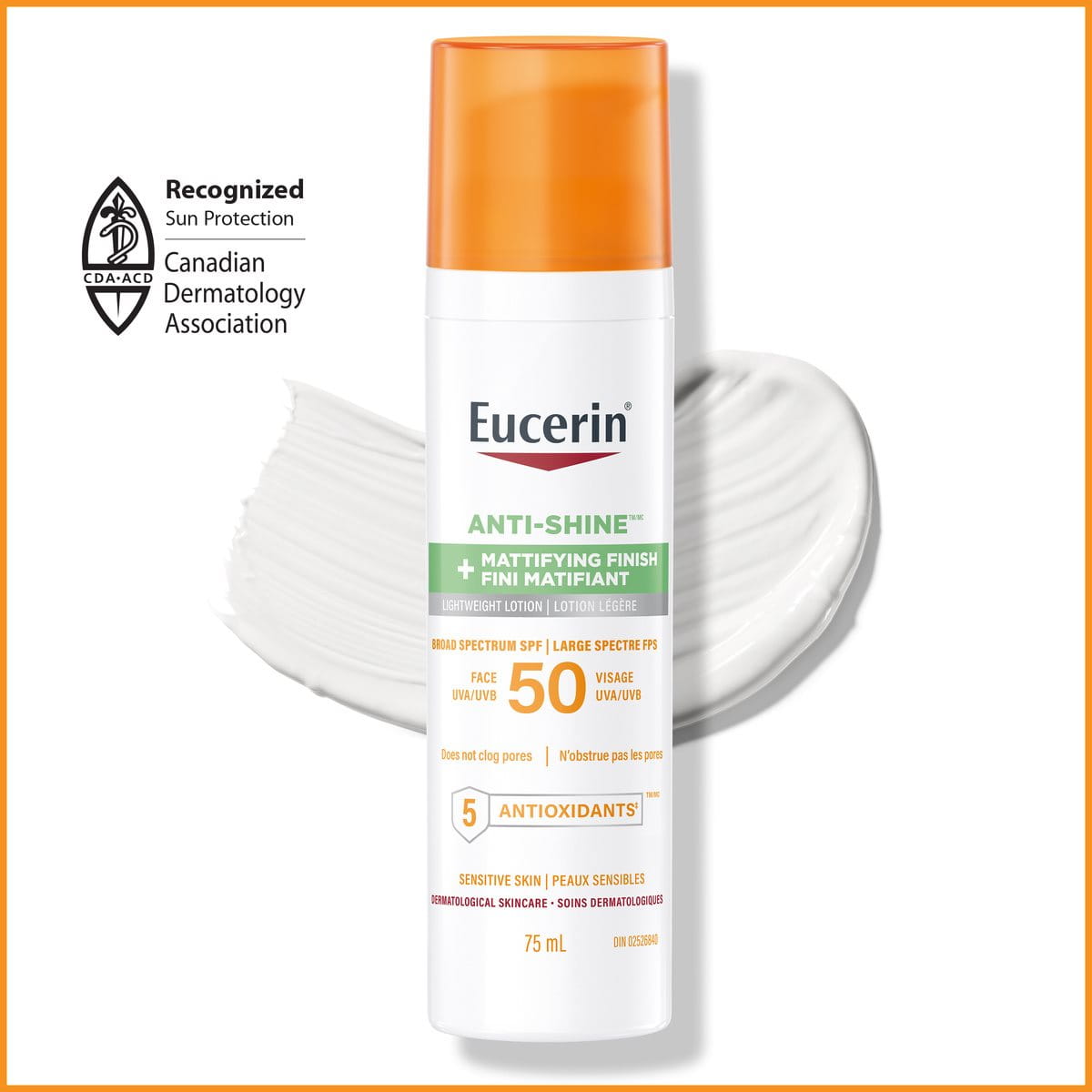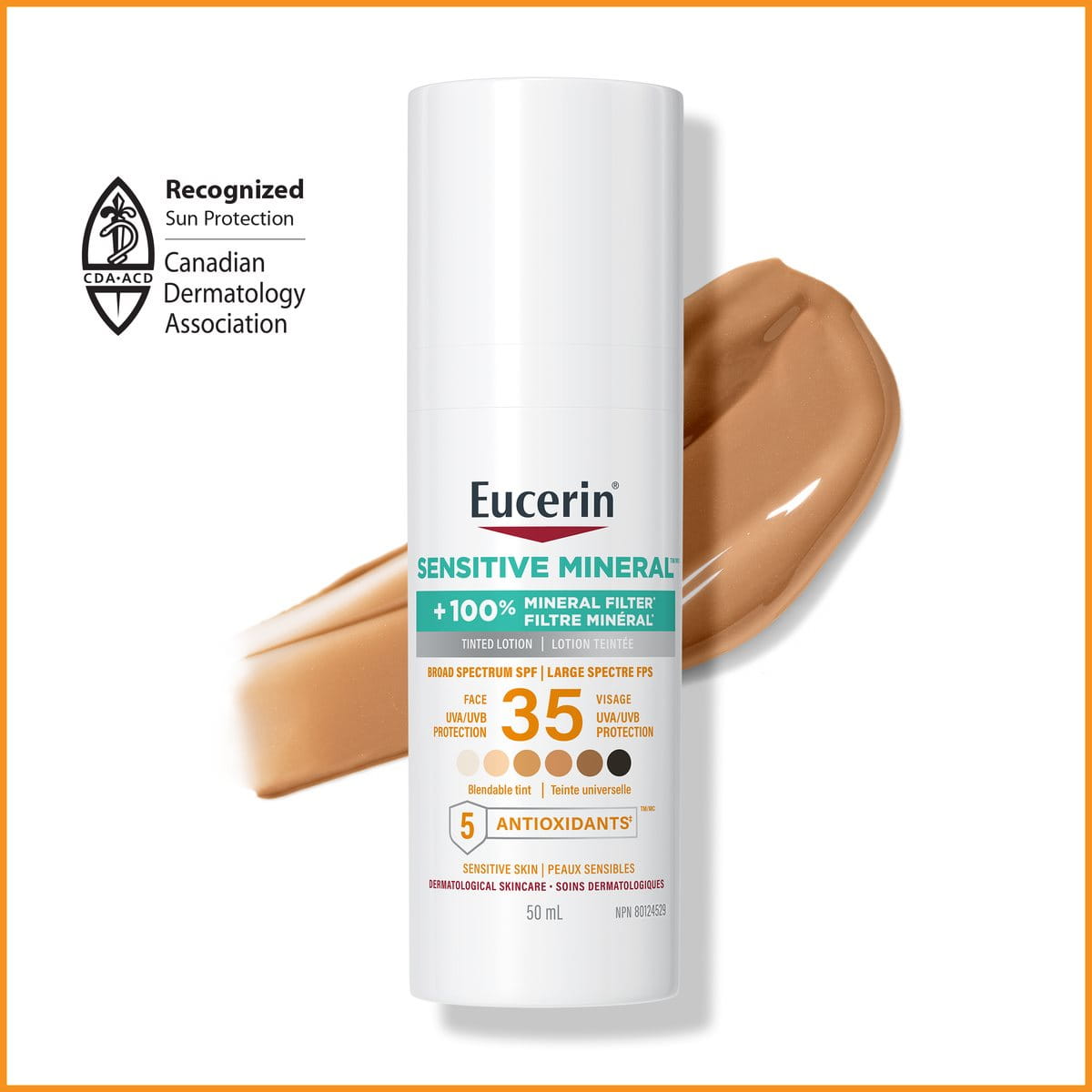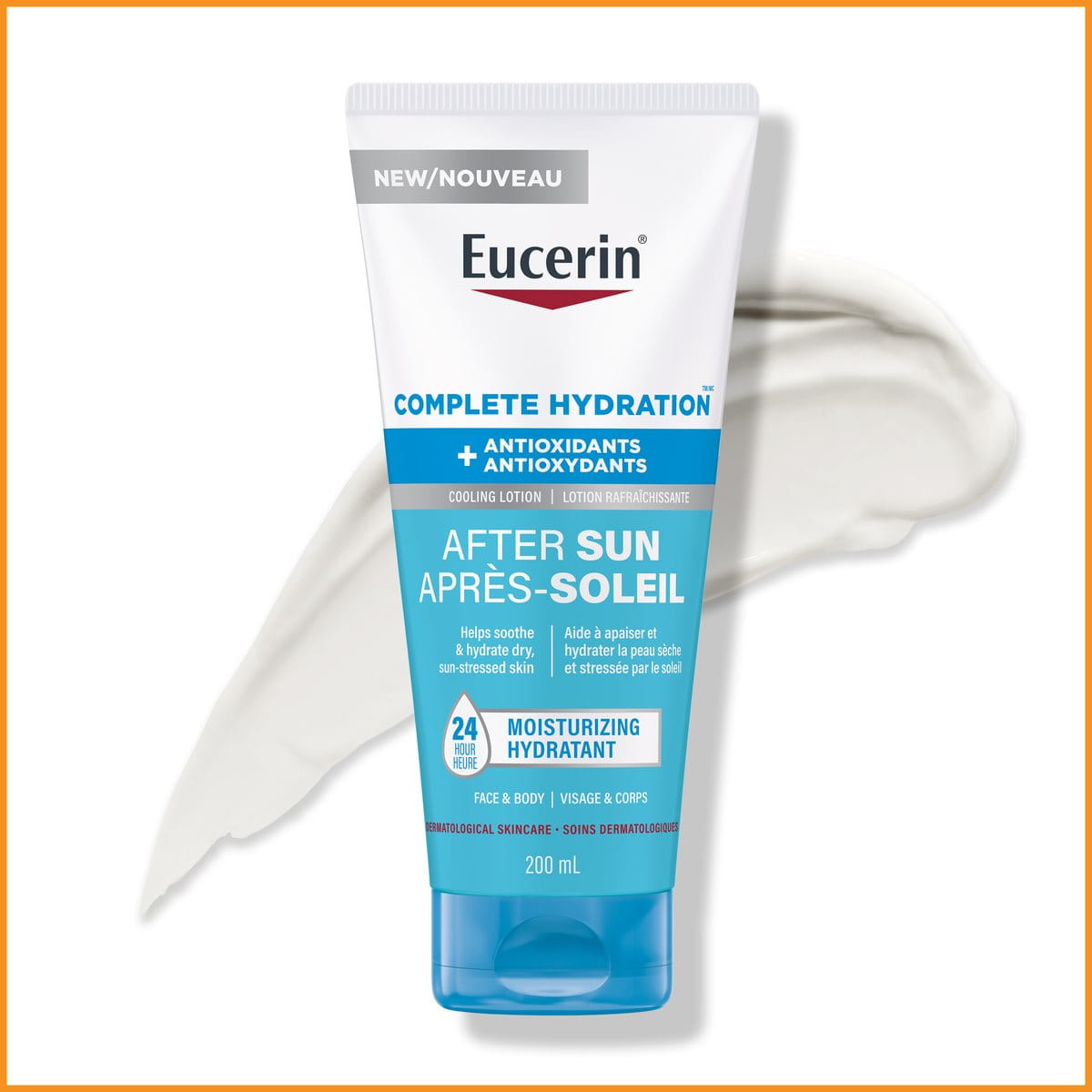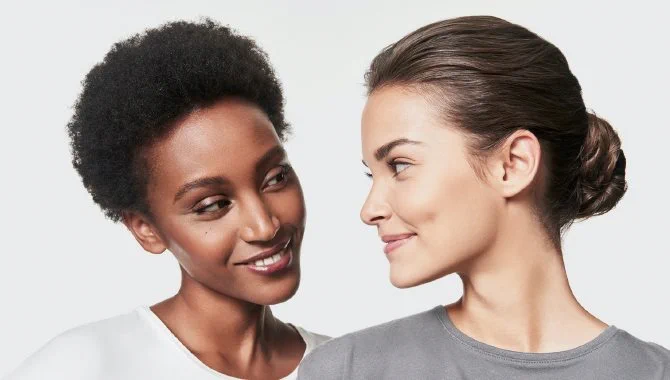WHAT YOU NEED TO KNOW ABOUT SUNSCREEN
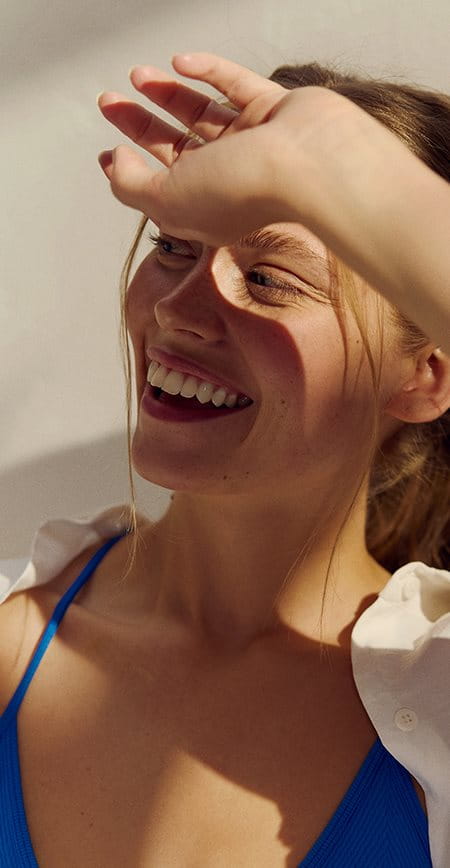
Sunscreen is your skin’s best friend. If used correctly, it can help protect from sunburn and reduce the signs of ageing.
WHY is sunscreen important?
Sunscreen is one of the most important tools in the prevention of skin cancer, as it filters UVA/UVB rays and prevents them from penetrating the skin. Regular use can help reduce risk of skin cancer and early skin ageing caused by the sun, but you must use a sunscreen with a broad-spectrum SPF value of 15 or higher, and take other sun protection measures such as limit time in the sun and wear long-sleeved shirts, pants, hats, and sunglasses.
WHO should use sunscreen?
Everyone under the sun should be using sunscreen. For babies less than 6 months old, check with your doctor first. Seniors over 60 and some individuals taking over-the-counter or prescription drugs may find their skin has become even more sensitive to the sun, so it is best to consult a doctor and use sunscreen to protect the skin.
WHICH sunscreen do I choose?
SPF (Sun Protection Factor) measures the ability of the sunscreen to screen or block out the sun’s UV radiation. Use a sunscreen with SPF 30 or higher. Look for the words ‘broad spectrum’ and ‘water-resistant’ (if going into water) on the label.
